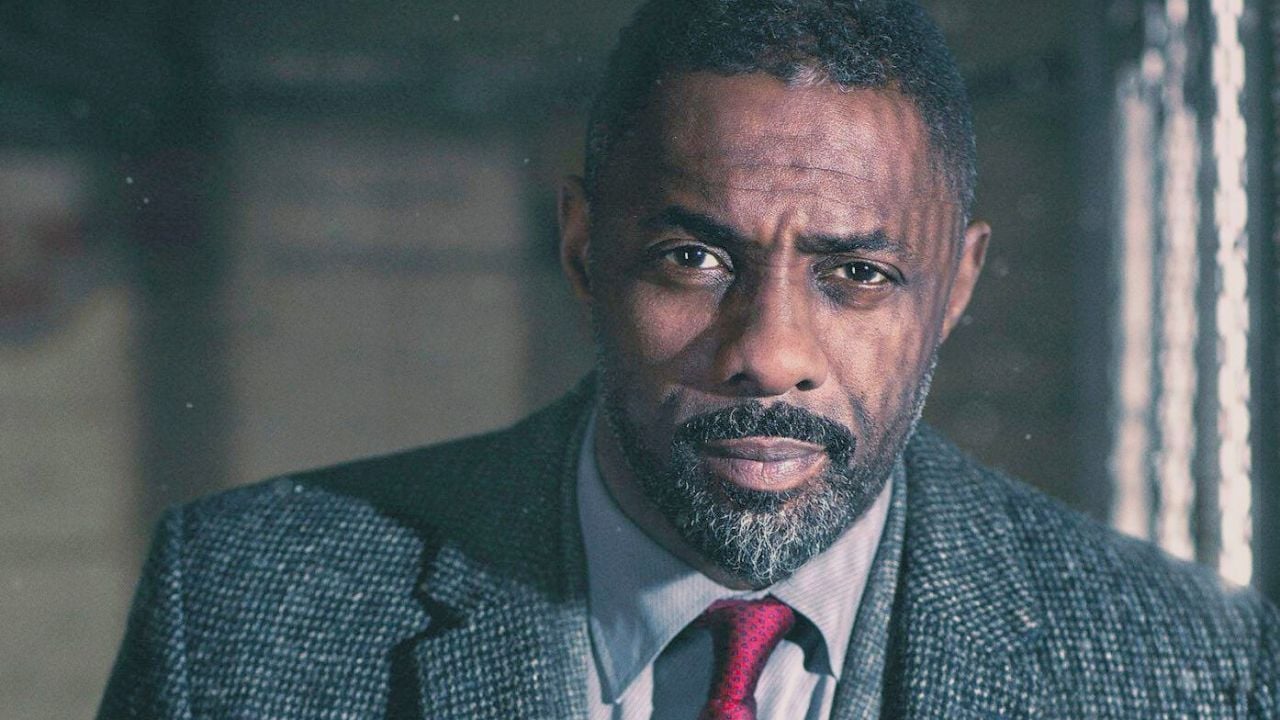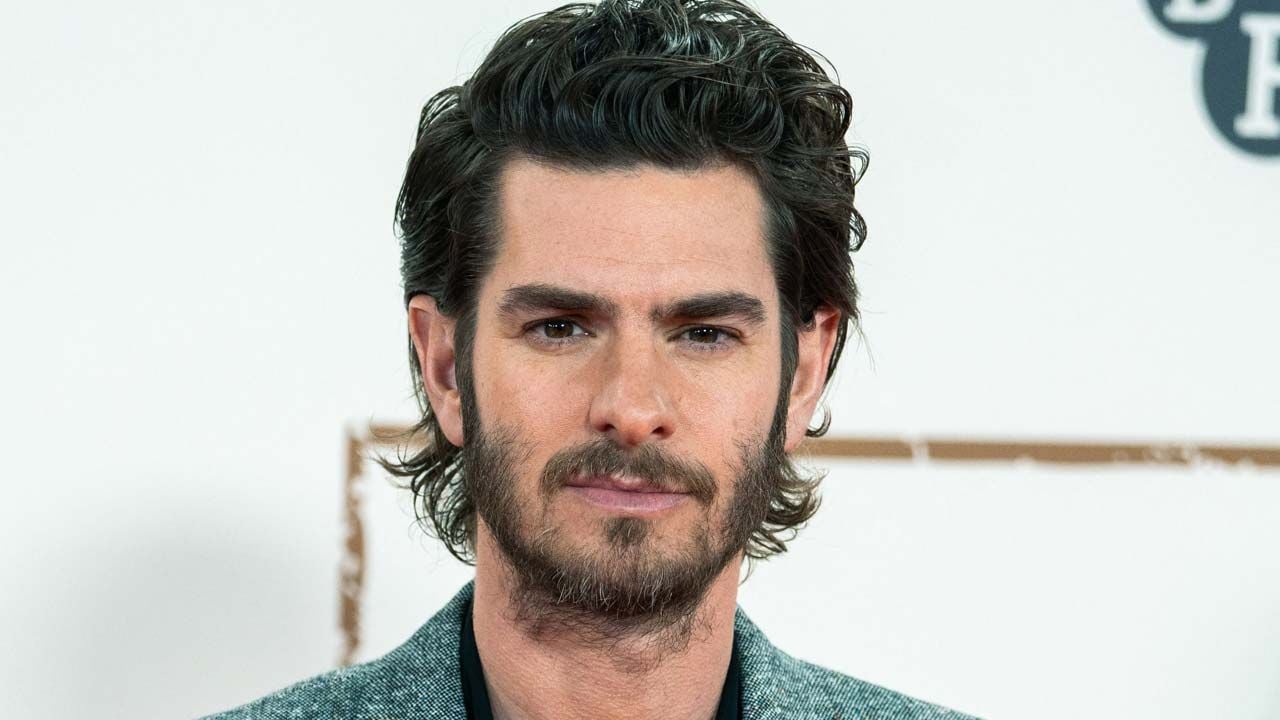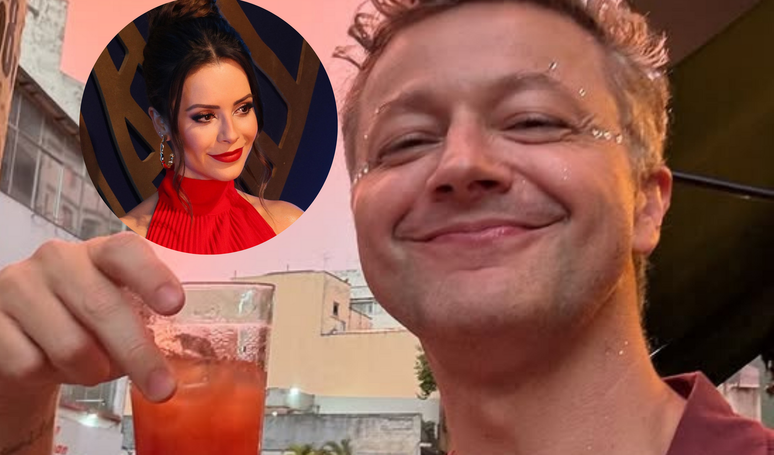The International Day of People with Disabilities, celebrated this Tuesday 12 March, is not just a launching pad for our proposals and needs.
For those who seek daily reflections on the population with disabilities, in a continuous effort to include this specific group in the urgent and fundamental agendas of society, the International Day of Persons with Disabilities, celebrated this Tuesday, 12/3, reinforces everything we have repeated throughout the year on the guarantee of rights, the exercise of duties, ableism and invisibility.
It is also an opportunity to bring into this conversation those who know nothing about it and even those who don’t want to know about these issues.
An essential point is that people with disabilities are part of all topics, without exception, even if they are often not even considered people. It can be from any sector: economy, politics, culture, sports, leisure, daily life, entertainment, innovation, technology, entrepreneurship, health, safety and many others that you want to include in this list.
We can highlight what has already been achieved, especially in Brazil, such as the signing of the United Nations International Convention on the Rights of Persons with Disabilities (Decree nº 6.949, of 25 August 2009), which laid the foundations for the text of the Brazilian Law on the inclusion of people with disabilities (n° 13.146, of 6 July 2015), in force since January 2016 throughout the country.
A victory is also the Law on Quotas (n° 8.213 of 24 July 1991), which has established for 25 years the hiring of workers with disabilities by companies with 100 or more employees and, albeit very slowly, has managed to change the perception of workers with disabilities in the corporate world on the importance of inclusion and diversity for the quality and evolution of the business.
There are many other laws, statutes, decrees, opinions, amendments and measures that help strengthen the rights of people with disabilities, expand achievements and need to be celebrated and publicized.
We must be optimistic and believe that it is possible to evolve, but we must be realistic and draw a lot of attention to what is missing.
Brazil’s Inclusion Law, which criminalizes discrimination against people with disabilities, although in force for almost ten years, is unknown to the majority of the population, including people with disabilities themselves, and to members of the judiciary and public security.
The precarious control, the absence of public policies on the employability of people with disabilities, the poor representation in city and state councils and in the National Congress, and the continuous attacks on the Quota Law, generate the mass exclusion of the population with disabilities from labor market market, with around 3% of this group in formal jobs, according to data from the Brazilian Institute of Geography and Statistics (IBGE).
It is necessary to think deeply about the issues of people with disabilities to always include this population in the urgent and fundamental discussions and agendas of society.
The absence of this representativeness and of more in-depth reflections on who a person with disabilities is, individually, and the many differences between each of them, even if, to an unprepared glance, they all seem the same, generates distortions and opens up spaces for repetition of stereotypes and the consolidation of stigmas, due to the use of an invented image, refined according to the interests of those who produce the message and not in the name of greater collective understanding and respect for this universe.
In the current non-stop avalanche of information, people with disabilities continue to serve the opportunism of those who steal this topic and use it for their own cause, with the aim of obtaining financial gains, both through the breadth of their character on social media and video platforms. or through products and services they sell, disguised as benefits.
International Day of Persons with Disabilities is not just a springboard to throw our proposals and needs to the wind, but an invitation to think more intimately about how we position ourselves when there is light upon us and what we do in the darkness tax.
Source: Terra
Rose James is a Gossipify movie and series reviewer known for her in-depth analysis and unique perspective on the latest releases. With a background in film studies, she provides engaging and informative reviews, and keeps readers up to date with industry trends and emerging talents.





